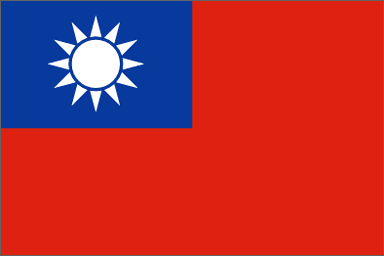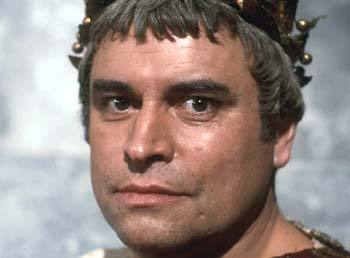A few days ago, the Pakistani government blocked its citizens from accessing YouTube, although it couldn’t quite settle on a single excuse for the move. After Pakistan reversed its decision, the press attempted to contact the management of YouTube about the brouhaha:
YouTube was not immediately available to confirm whether it had removed the material, which the [Pakistan Telecommunications Authority] said was controversial cartoons of the Prophet Mohammed that were republished by Danish newspapers earlier this month. [emphasis added]
However, a story from a day later suggested the Paks had a different reason:
The [Pakistan Telecommunications Authority] told Internet service providers to restore access to the site on Tuesday afternoon after removing a video featuring a Dutch lawmaker who has said he plans to release a movie portraying Islam as fascist and prone to inciting violence against women and homosexuals. [emphasis added]
So, their story is that they censored YouTube because of the Mohammed Cartoons. Or Geert Wilders’ movie trailer. Whatever. And that they unblocked YouTube when the "offensive" clips were removed.
Now, far be it from me to tell journalists how to do their job, but uh, instead of taking the Pakistani government at their word about this (or going through the trouble of contacting the big bosses of YouTube), shouldn’t they have checked YouTube’s website to see if this stuff was actually deleted?
It really isn’t THAT hard to do:
www.youtube.com ==> Search Term: Danish Mohammed Cartoons
This brings up 77 related entries (as of this posting). Since I’m a lazy, lazy man, I can’t be bothered to page through all of them. But glancing at the list, I notice this YouTube clip has the Mohammed cartoons. And so does this one. And this one.
The Pakistani government can claim that YouTube surrendered all they like. As I’ve demonstrated, the evidence would appear to suggest otherwise.
Moving along, let’s see what happens when we look for Geert Wilders’ movie trailer:
www.youtube.com ==> Search Term: Geert Wilders
Holy smokes, 615 entries? Sure, plenty of those are probably video responses by people who either love or hate the man. Nonetheless, the FIRST PAGE features the trailer here, as well as Part 1 of his interview about the movie. (And though it may seem like piling on, Part 2 is here, as well.)
Once more for the record: these aren’t recent additions. They’ve been on YouTube for 1-2 months.
No matter how you slice it, Pakistan’s government LIED about YouTube taking down "blasphemous" material – no ifs, ands or buts. Strange the AP was uninterested in informing its readers about that little tidbit.

i-1


